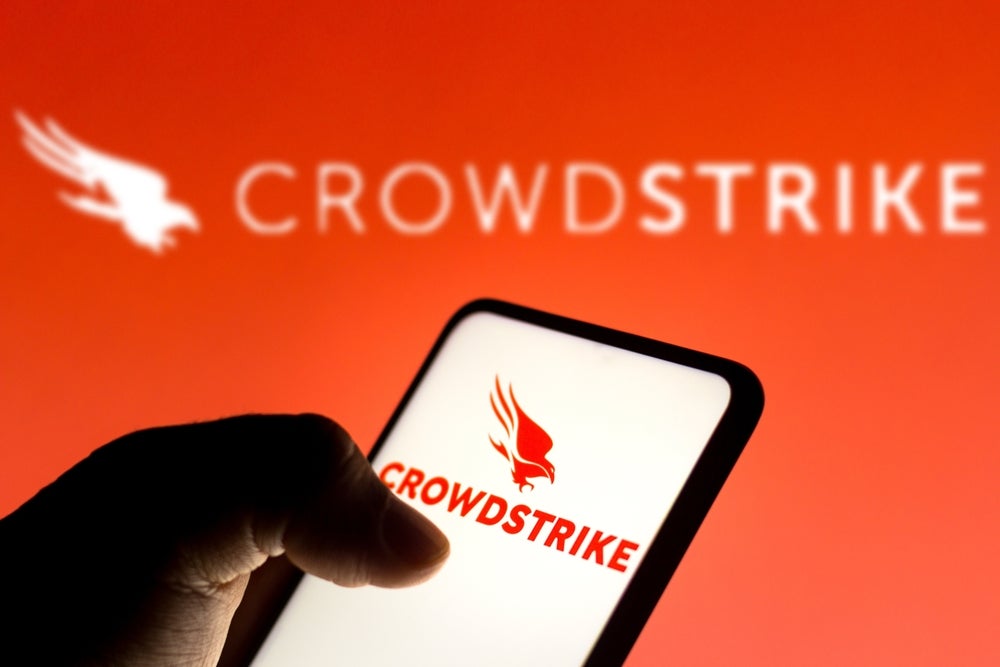
Apple‘s amazing pandemic results may run into some issues this year as the global chip shortage could cost it billions of dollars.
Yesterday, the Cupertino, California company unveiled the latest in a string of quarterly results demonstrating the iPhone maker’s ability to turn a global health crisis into profitable lemonade.
The coronavirus has skyrocketed demand for electronic gadgets and gizmos as well as the apps used on those devices. With people having attempted to beat the lockdown boredom by signing up to fitness, music and streaming apps, Apple has been able to enjoy boosted profits thanks to it snatching a 30% cut from the services on the App Store. The sales in Apple’s service segment, which includes the App Store, reached $16.9bn in the fiscal quarter ended 27 March.
These sales contributed to Apple beating market expectations for the three-month period, boasting sales and profits of $89.6bn, with iPhone sales driving the 54% revenue growth. Market experts had expected the tech giant to only achieve profits of $77.4bn, according to Reuters.
However, Apple warned that the good times may be coming to an end as the global chips shortage is expected to put a dampener on iMac and iPad sales over the next few months. The shortage has been caused by soaring demand and shrinking supply in semiconductors because of Covid-19, severe weather and factory fires.
Having so far avoided any cuts in its profits by burning through its own storage supply, Apple warned it could lose out on $3bn to $4bn in iMac and iPad sales because of the shortage.
How well do you really know your competitors?
Access the most comprehensive Company Profiles on the market, powered by GlobalData. Save hours of research. Gain competitive edge.

Thank you!
Your download email will arrive shortly
Not ready to buy yet? Download a free sample
We are confident about the unique quality of our Company Profiles. However, we want you to make the most beneficial decision for your business, so we offer a free sample that you can download by submitting the below form
By GlobalDataLuca Maestri, Apple’s CFO, warned during an investor conference call that he believed “that the sequential revenue decline from the March quarter to the June quarter will be greater than in prior years for two reasons.”
“First, keep in mind that, due to the later launch timing and strong demand, iPhone only achieved supply demand balance during the March quarter,” he said. “This will cause a steeper sequential decline than usual. Second, we believe supply constraints will have a revenue impact of $3bn to $4bn in the June quarter.”
The iPhone maker is not the only company to be affected by the chip shortage, with car manufacturers having been forced to put their production into an almost standstill because of it. In the UK, car companies like Honda have faced questions about if their decisions to put employees on coronavirus furlough have been motivated by the supply deficit rather than the pandemic.
Taiwan Semiconductor Manufacturing Company has warned that the chip constrains could continue way into 2022. Others, like Nvidia CEO Jensen Huang, fear it could take two years before the shortage has been solved.
For Apple, the chips shortage is not its only headache. The $2tn business is also facing growing scrutiny about whether or not it is using its market dominance to choke competition.
Regulators and lawmakers on both sides of the Atlantic have issued antitrust probes into Cupertino’s business model over the past few years, especially in regards to its control over the third-party developers flogging their solutions on the App Store.
App developers, such as Fortnite developer Epic, have accused Apple of taking extortionate fees for the privilege of having their products on the iPhone marketplace. Apple has denied dominating the market unfairly.
Despite these concerns, Apple CEO Tim Cook was in a celebratory mood following the announcement of the quarterly results.
“This quarter reflects both the enduring ways our products have helped our users meet this moment in their own lives, as well as the optimism consumers seem to feel about better days ahead for all of us,” said Cook.
“Apple is in a period of sweeping innovation across our product lineup, and we’re keeping focus on how we can help our teams and the communities where we work emerge from this pandemic into a better world.”




